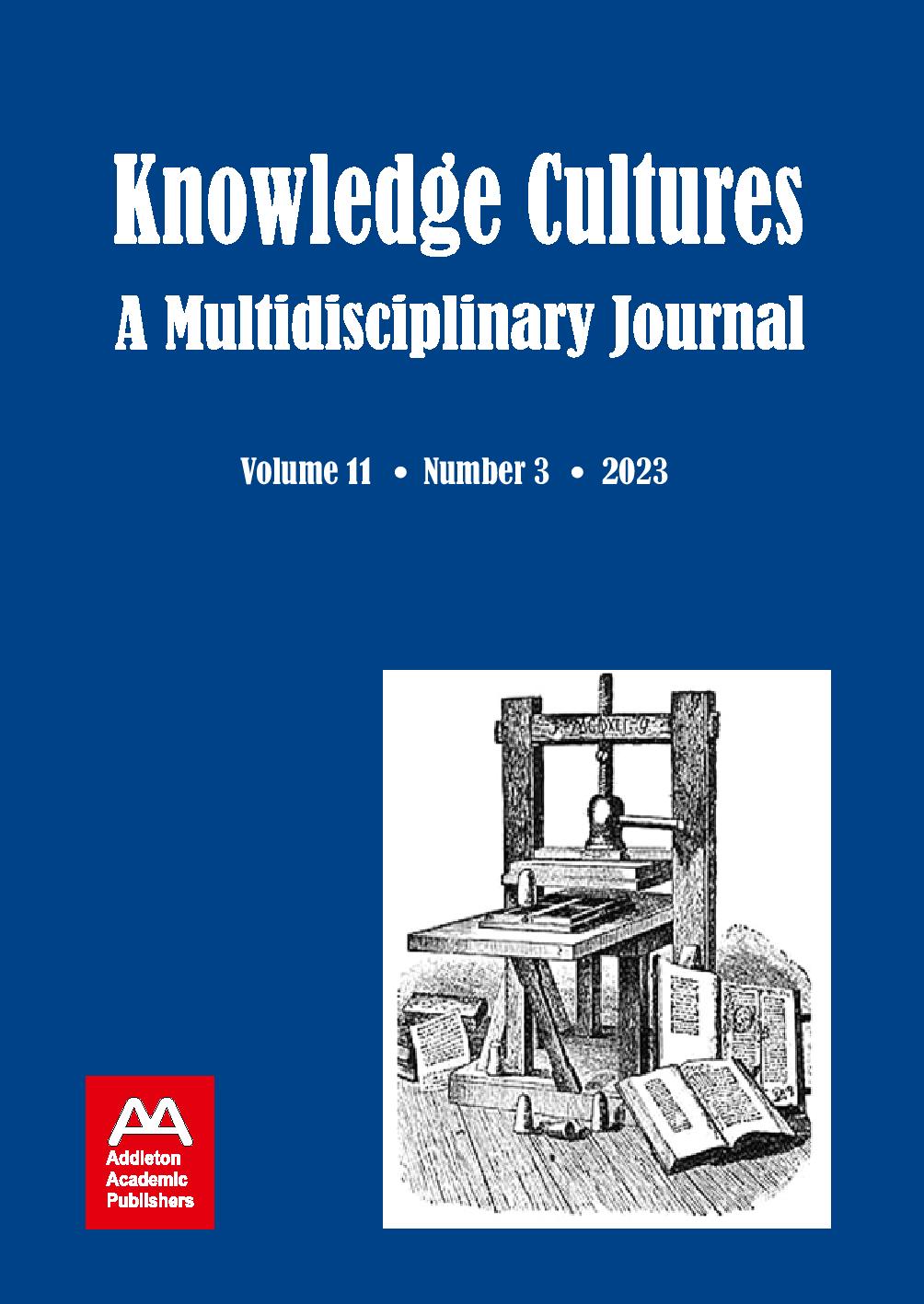The Limits of Control: The Smart Grid as Energy Commons?
The Limits of Control: The Smart Grid as Energy Commons?
Author(s): Elina E. K. SuonioSubject(s): Energy and Environmental Studies, Social Norms / Social Control
Published by: Addleton Academic Publishers
Keywords: smart grids; control society; Deleuze; commons; renewables; resilience;
Summary/Abstract: The transition to smart grids for electricity distribution holds out the promise of civic energy autarchies: self-sufficient local electricity networks based on renewable sources, low demand and citizen participation. We outline a set of critical propositions that attend to how investments in a transition to the infrastructures, technologies and practices of smart grids have delivered ‘civic energy resilience’ as a means of self-regulation to others’ ends, or control. They have done so through the mechanism of ‘smart’ algorithms, which facilitate minimal investments in, and maximal profit from, the grid infrastructure by monitoring the behaviours of individual users and networks, and by channelling citizens’ desire and capacity to act for socio-ecological change. Through control, smart grids produce not energy autarchies but hierarchies. This control can best be countered not by oppositional resistance but by tactics of ‘nonexistence’ (acting ‘unaccountably’) that replicate across the smart grid and reveal an energy commons at work. Such tactics rely on their feeling for the inflections of power that emerge by ‘intra-action’ from smart grids and reveal the limits of control. Such (non)resistance implies that smart grids are potentially not energy hierarchies but heterarchies – and an arena of participatory energy democracy.
Journal: Knowledge Cultures
- Issue Year: 11/2023
- Issue No: 3
- Page Range: 101-116
- Page Count: 16
- Language: English
- Content File-PDF

